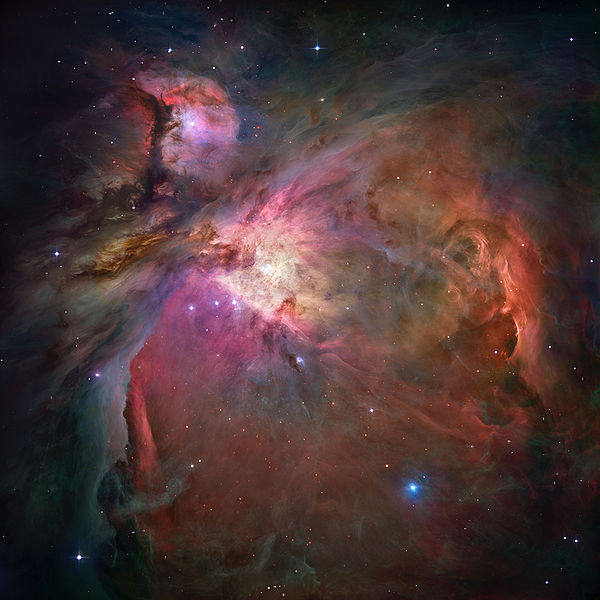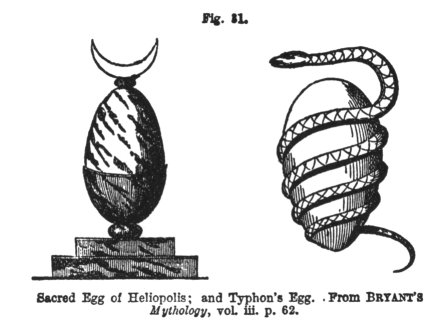Hail, children of Zeus!..

8th Century BC
Tell how at the first gods and earth came to be, and rivers, and the boundless sea with its raging swell, and the gleaming stars, and the wide heaven above, and the gods who were born of them, givers of good things, and how they divided their wealth, and how they shared their honors amongst them, and also how at the first they took many-folded Olympus.
These things declare to me from the beginning, you Muses who dwell in the house of Olympus, and tell me which of them first came to be.
In truth at first Chaos came to be, but next wide-bosomed Earth, the ever-sure foundation of all the deathless ones who hold the peaks of snowy Olympus, and dim Tartarus in the depth of the wide-pathed Earth, and Eros, fairest among the deathless gods, who unnerves the limbs and overcomes the mind and wise counsels of all gods and all men within them.
From Chaos came forth Erebus and black Night; but of Night were born Aether and Day, whom she conceived and bore from union in love with Erebus.
And Earth first bore starry Heaven, equal to herself, to cover her on every side, and to be an ever-sure abiding-place for the blessed gods. And she brought forth long hills, graceful haunts of the goddess Nymphs who dwell amongst the glens of the hills.
She bore also the fruitless deep with his raging swell, Pontus, without sweet union of love. But afterwards she lay with Heaven and bore deep-swirling Oceanus, Coeus and Crius and Hyperion and Iapetus, ] Theia and Rhea, Themis and Mnemosyne and gold-crowned Phoebe and lovely Tethys.
After them was born Cronos the wily, youngest and most terrible of her children, and he hated his lusty sire. Aphrodite.
Continuing on with the amplification of the myth of Hercules — This was the beginning of it all.
The sequence of the origins of Hercules: Chaos > Uranus > Cronus > Zeus > Hercules.
The Wikipedia version:
In Greek cosmology, Chaos was a primordial state of matter from which the cosmos and the other gods emerged. For Hesiod and the early Greek Olympian myth (8th century BC), Chaos was the “vast and dark” void from which Nyx emerged.
Chaos was also personified as a primal deity in Greek mythology, as the first of the Protogenoi and the god of the air.
Primal Chaos was sometimes said to be the true foundation of reality, particularly by philosophers such as Heraclitus. It was also probably what Aristotle had in mind when he developed the concept of Prima Materia in his attempt to combine Platonism with Presocraticism and Naturalism.
Ovid (1st century BC), in his Metamorphoses, described Chaos as “a rude and undeveloped mass, that nothing made except a ponderous weight; and all discordant elements confused, were there congested in a shapeless heap.”
Fifth-century Orphic cosmogony had a “Womb of Darkness” in which the Wind lay a Cosmic Egg whence Eros was hatched, who set the universe in motion.
